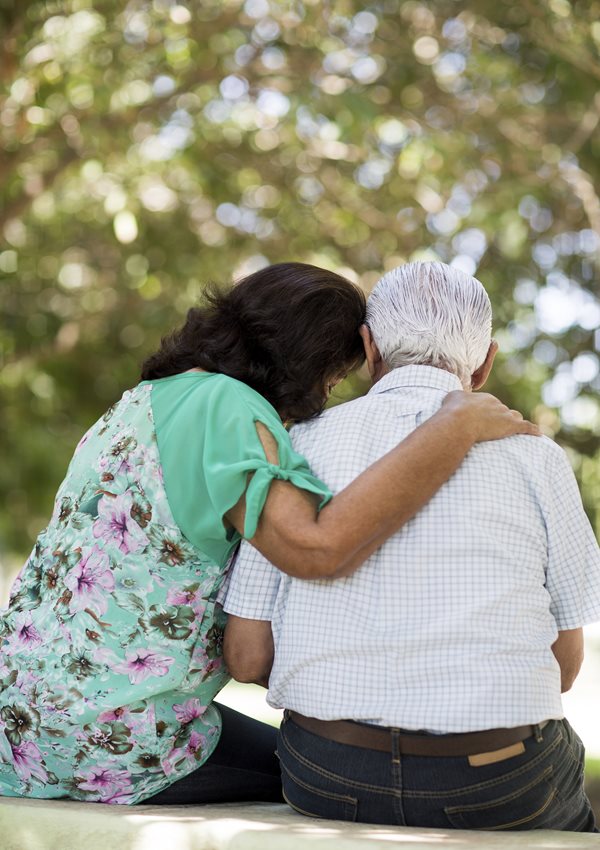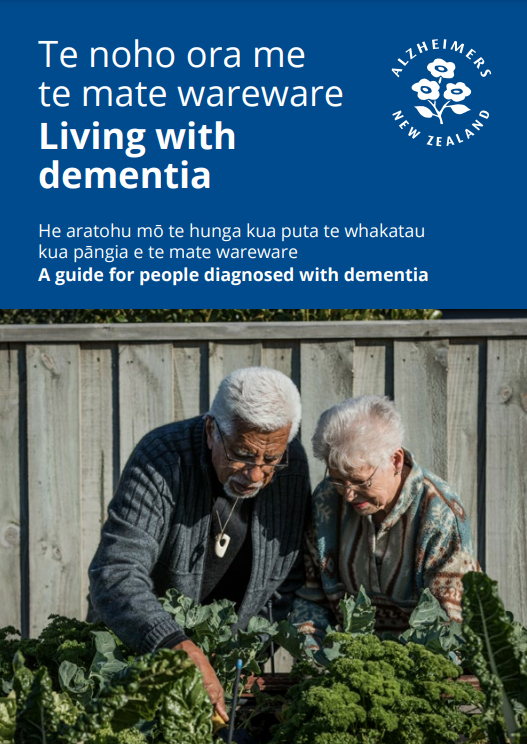Te mate pōuri me te mate wareware – Depression and dementia
Sometimes depression and dementia occur together and it’s important to be able to identify when these two conditions are present at the same time.

For someone with dementia mate wareware, changes that can lead to depression include:
- loss of independence and increasing reliance on others
- not being able to go out alone
- not being able to do the things previously enjoyed
- not being able to do everyday tasks
- feeling anxious or agitated
- confusion and loss of memory.
Depression is three to four times more common in people with dementia mate wareware than in older people without dementia mate wareware. However, it can go unrecognised for a number of reasons:
- It’s often incorrectly assumed it’s ‘normal’ for older people to be depressed, especially those with dementia.
- It can be difficult to distinguish symptoms of depression from those of dementia.
- There can be problems communicating with doctors and people providing care, or there may be difficulties in describing symptoms.
Am I depressed?
Depression can be even more difficult to diagnose in yourself when you also have dementia mate wareware. If you have any concerns, you should discuss them with your whānau and doctor or health professional because depression is treatable. Medication and/or therapy, such as counselling, cognitive therapy and behavioural interventions, could help you.
People with dementia mate wareware talk about how being out and about in green spaces is good for mental health.
-

Booklet: Living well with dementia
A guide for people diagnosed with dementia
This booklet is written for people who have been diagnosed with dementia mate wareware to give you information and to help you continue to live well.
The booklet suggests ways to look after yourself including how to adjust to change and managing your day, as well as working, driving, keeping involved and active and planning for the future.

